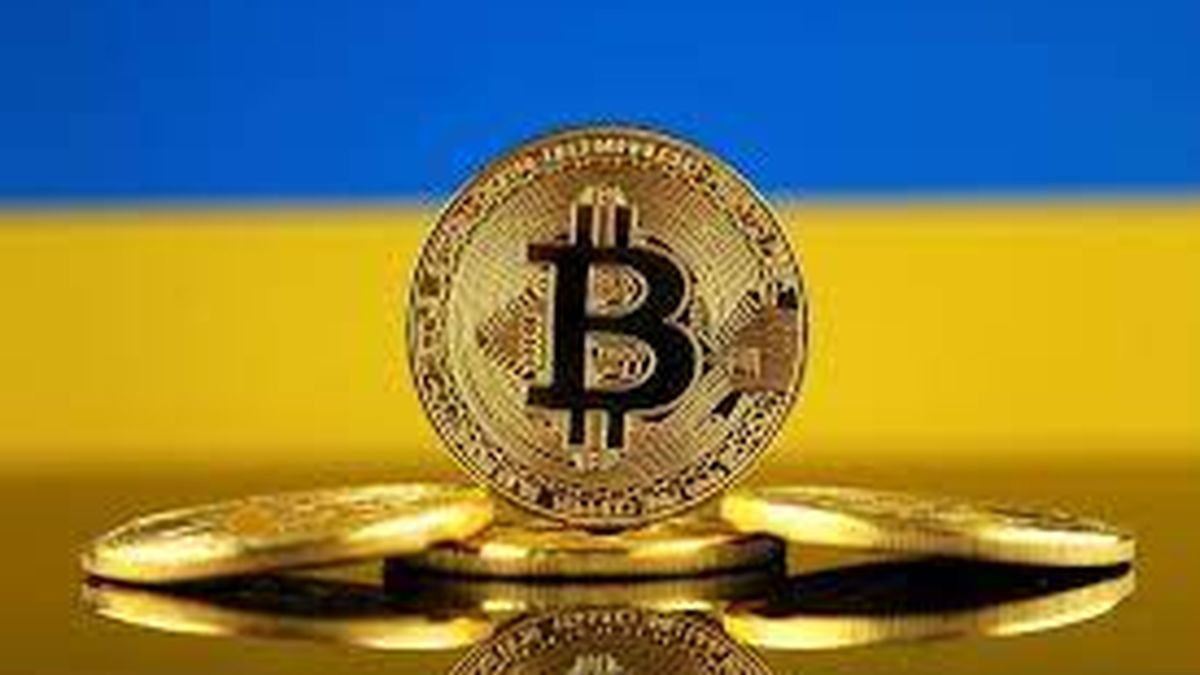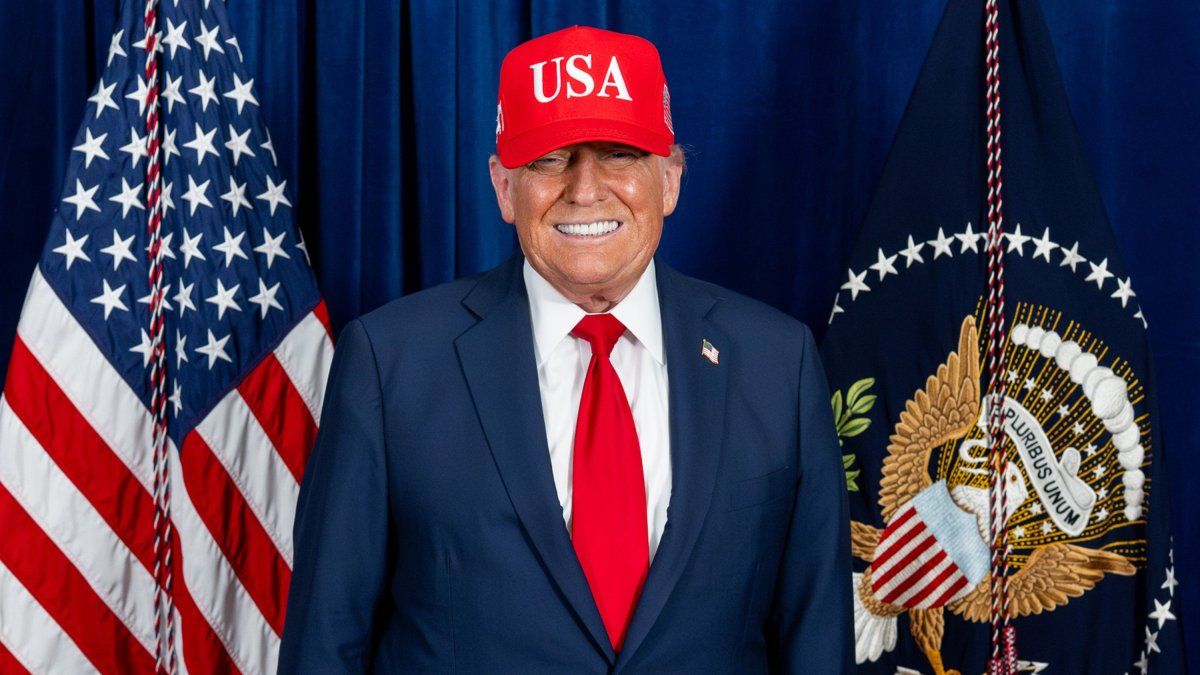So far more than $100 million has been raised by the government or by the “Crypto fund for Ukraine”created by the main Ukrainian platform in the sector, Kuna, and later merged with the government portfolio.
“We still collect cryptocurrency and spend it to buy rations for soldiers, bulletproof vests or helmets”explains Michael Chobanian.
The 37-year-old creator and owner of the Kuna platform now deals exclusively with raising funds in cryptocurrency for the government.
The funds raised in cryptocurrencies are minimal compared to the billions in aid released by the United States, the European Union or large international organizations, but they allow the involvement of individuals.
The American NGO “The giving block” (The block that gives), which collects digital assets around the world, estimates that it is “an option that younger donors are increasingly using to support multiple causes.”
And in Ukraine, citizens can see in these a protection against the depreciation of their national currency, the hryvnia.
Although the central bank has managed to stop its collapse for now, the invasion and its consequences may cause it to lose value.
With the use of “stablecoins” (stable currencies), donors prevent their contributions from being exposed to fluctuations in the currency market.
Another advantage of this type of currency is the speed of the transfer. If a bank transaction between two countries can take 24 hours to be validated, cryptocurrency shipments usually take less than an hour.
In a sector still under construction, these donations have their downside.
The Ukrainian minister of the digital industry wanted to reward donors with a token cryptocurrency created for the occasion, but had to give up.
However, some anonymous people took advantage of it to circulate a false version of this currency with the purpose of raising part of the funds destined for the war effort.
“There was a lack of communication” within the government, explains Chobanian, who now works closely with the ministry. “It was the first day of the war,” he notes.
At the same time, encouraging their use may eventually turn against the government if the Ukrainians start rolling out a parallel monetary system.
In addition, according to the Chainalysis cabinet, transactions in Eastern Europe are particularly high towards addresses located outside the region, “which may indicate illegal outflows of funds” and possible tax fraud, they estimate.
Despite the conflict, Chobanian is confident. “When we have won the war, we will rebuild Ukraine using the ‘blockchain’ technology”said.
It is an ambitious purpose, but with a certain foundation.
President Volodymyr Zelensky legalized them this Wednesday and gave a legislative framework for platforms and users who, until now, moved in a parallel economy.
And beyond its borders, the Russian invasion “forces governments to develop their understanding of cryptocurrencies and their regulatory framework.”
“We hope that this will lead to proportionate and effective regulatory policies”says Caroline Malcolm of Chainalysis.
Source: Ambito
David William is a talented author who has made a name for himself in the world of writing. He is a professional author who writes on a wide range of topics, from general interest to opinion news. David is currently working as a writer at 24 hours worlds where he brings his unique perspective and in-depth research to his articles, making them both informative and engaging.




